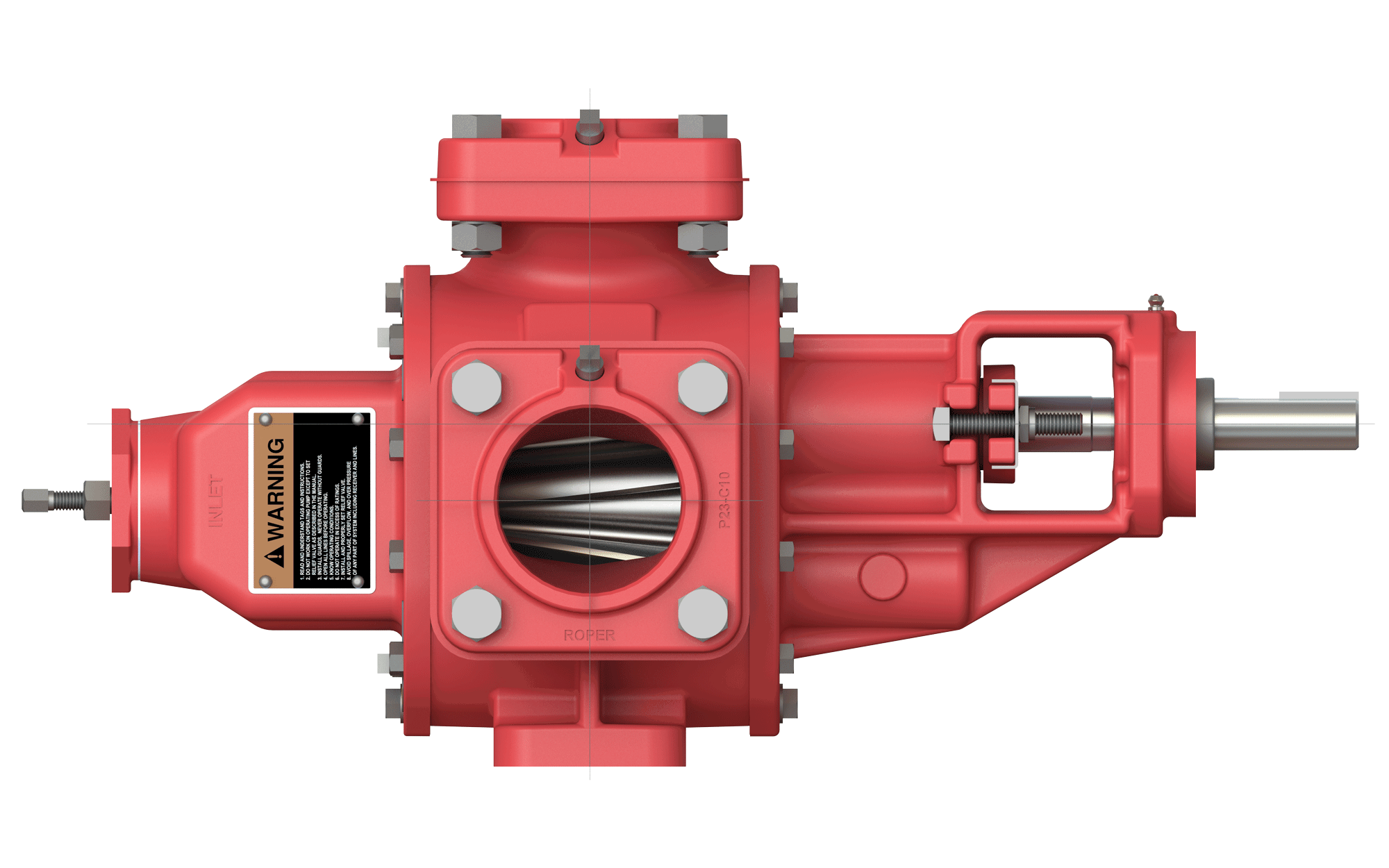In the modern industrial landscape, efficient fluid handling systems are essential for maintaining productivity and sustainability. Among the many innovations that have revolutionized fluid dynamics, quality pumps and the versatile PC pump (progressive cavity pump) stand out for their reliability and efficiency. These systems are vital in industries ranging from water treatment to food processing, playing a crucial role in keeping operations running smoothly.
This article delves into the significance of quality pumps, explores the unique advantages of PC pumps, and highlights their widespread applications.
Understanding the Importance of Quality Pumps
At its core, a pump is designed to move fluids from one location to another. However, not all pumps are created equal. Quality pumps are engineered to provide consistent performance, minimize downtime, and withstand challenging conditions, making them an essential investment for any industrial operation.
Key Features of Quality Pumps
- Durability: Made from robust materials, quality pumps can handle extreme temperatures, pressures, and corrosive fluids without compromising performance.
- Efficiency: High-performing pumps reduce energy consumption, leading to cost savings and environmental benefits.
- Reliability: With minimal wear and tear, these pumps ensure uninterrupted operations, crucial for industries where downtime can be costly.
- Versatility: Quality pumps are designed to handle a variety of fluids, from water and chemicals to viscous and abrasive materials.
Selecting the right pump is critical, as it directly impacts the efficiency and longevity of the system it supports.
Introducing the PC Pump: A Revolutionary Design
The PC pump, or progressive cavity pump, is a type of positive displacement pump known for its ability to handle a wide range of fluid viscosities and consistencies. Its unique design features a rotor (a helical screw) and a stator (a rubber sleeve), creating cavities that transport fluids smoothly and consistently.
How a PC Pump Works
The rotor-stator combination creates a series of sealed cavities as the rotor turns. These cavities move fluid from the pump’s inlet to the outlet, maintaining a steady flow. Unlike centrifugal pumps, PC pumps do not rely on high speeds or turbulence, making them ideal for applications that require gentle handling.
Advantages of Using PC Pumps
- Versatility in Applications
A PC pump can handle everything from thin, water-like liquids to thick, sludge-like materials. This adaptability makes it a preferred choice in industries such as:- Wastewater management
- Food and beverage production
- Oil and gas processing
- Chemical handling
- Precision and Consistency
The progressive cavity mechanism ensures an even, non-pulsating flow, which is essential for applications like dosing or metering chemicals. - Gentle Fluid Handling
For industries that require the transportation of sensitive materials, such as fruits or delicate chemicals, the gentle action of a PC pump prevents damage or degradation. - Energy Efficiency
The low internal velocity and minimal friction of PC pumps translate to reduced energy consumption, making them an eco-friendly choice. - Durability in Harsh Conditions
Designed to resist wear and tear, PC pumps perform well in abrasive and high-pressure environments.
Applications of Quality Pumps and PC Pumps
- Water Treatment
In water and wastewater treatment facilities, quality pumps play a pivotal role in transporting water, sludge, and chemicals. PC pumps, in particular, are used for dosing chemicals, moving sludge, and dewatering processes.
- Food and Beverage Industry
From transporting viscous syrups to gently handling soft solids like fruits, PC pumps ensure hygiene and precision. Their ability to operate without pulsation is invaluable for maintaining consistent product quality.
- Oil and Gas Sector
The oil and gas industry relies on quality pumps for extracting and transferring crude oil and natural gas. PC pumps excel in handling abrasive and viscous materials, making them indispensable in this sector.
- Chemical Processing
When dealing with aggressive chemicals or hazardous fluids, quality pumps made from corrosion-resistant materials provide the safety and reliability needed. PC pumps are often used for metering and transferring sensitive chemicals.
- Agricultural Operations
In agriculture, pumps are essential for irrigation, fertilizer distribution, and waste management. The versatility and durability of PC pumps make them a valuable asset in these applications.
Choosing the Right Pump for Your Needs
When selecting a pump, several factors should be considered:
- Fluid Type: The viscosity, abrasiveness, and chemical composition of the fluid determine the pump material and design.
- Flow Rate and Pressure: Assessing the required flow rate and operating pressure ensures the pump meets system demands.
- Operating Environment: Factors like temperature, humidity, and potential exposure to corrosive elements influence the choice of pump.
- Maintenance Requirements: Opt for pumps that are easy to maintain and have readily available replacement parts.
By prioritizing these factors, industries can maximize the performance and lifespan of their pumping systems.
The Future of Pump Technology
The demand for energy-efficient and eco-friendly solutions is driving innovation in pump technology. Here’s what the future holds for quality pumps and PC pumps:
- Smart Pumps: Equipped with IoT-enabled sensors, smart pumps offer real-time monitoring and predictive maintenance capabilities.
- Sustainable Materials: The use of recyclable and corrosion-resistant materials is on the rise, enhancing both performance and sustainability.
- Improved Efficiency: Advances in design are focusing on reducing energy consumption and improving flow dynamics.
As industries continue to evolve, quality pumps and PC pumps will remain integral to achieving efficiency and sustainability goals.
The synergy between quality pumps and the innovative PC pump showcases the remarkable potential of modern fluid handling systems. From wastewater management to food production, these pumps provide the precision, durability, and efficiency required to support diverse industrial operations.
By investing in high-quality pumping systems and staying abreast of technological advancements, businesses can ensure smooth operations, reduced downtime, and a more sustainable future. Whether it’s selecting a PC pump for gentle fluid handling or relying on quality pumps for demanding applications, the right choice can make all the difference.




